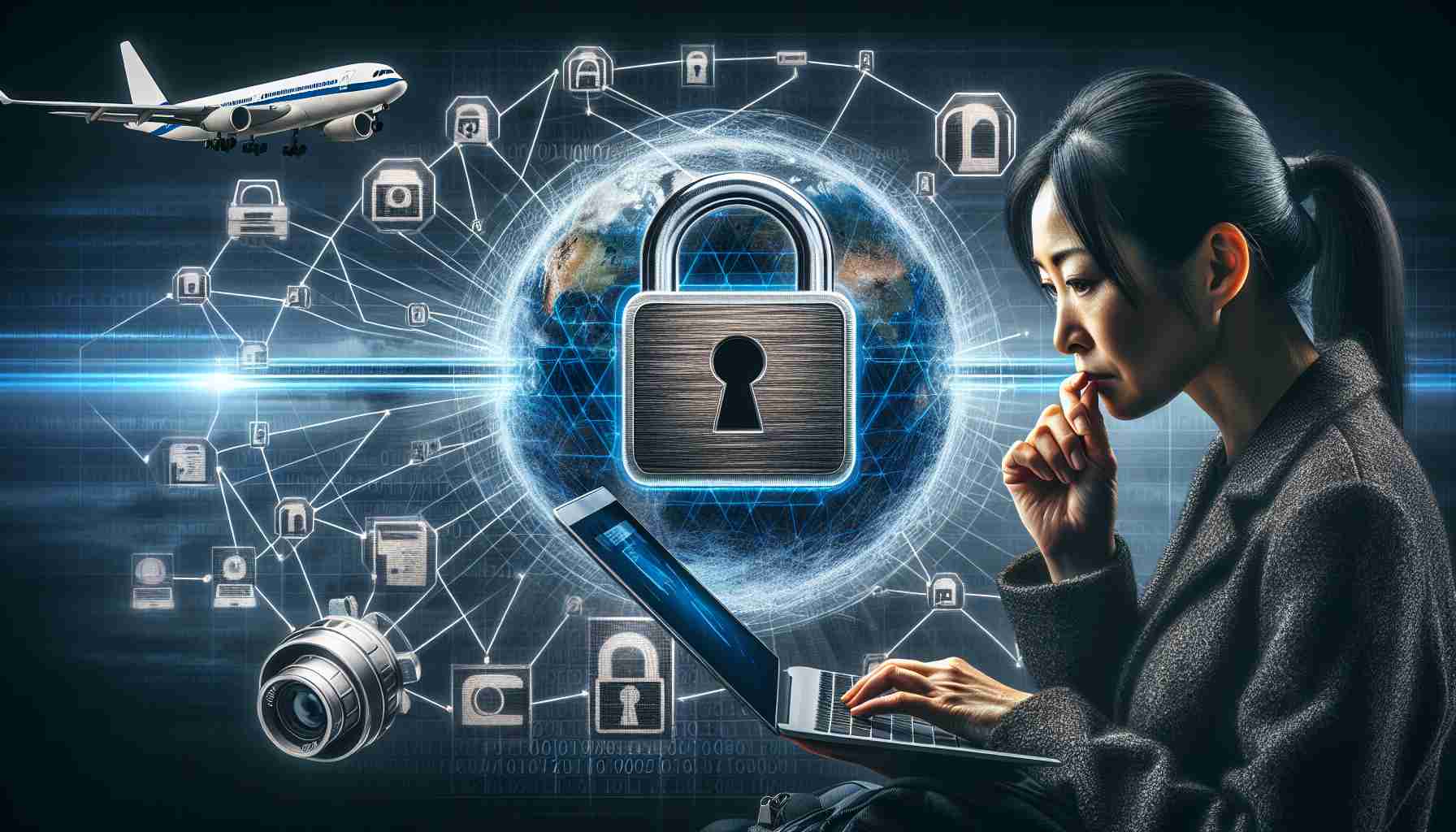Using Public Wi-Fi
When traveling, it’s common to seek out free Wi-Fi spots, but be cautious as cyber threats lurk in these networks. Cybercriminals have various methods to monitor your online activities, including capturing sensitive information like passwords and social security numbers.
Accessing Public Computers
Public computers available at hotels and airports can be convenient for travelers, but they also pose security risks. Think twice before inputting sensitive information or connecting USB devices to these computers as hackers can intercept and infect your connected devices.
Social Media Awareness
Sharing photos on social media platforms like Facebook and Instagram is a common practice for tourists. However, be mindful of your privacy settings and avoid revealing your location, especially if your profile is public. Sharing your whereabouts may attract unwanted attention from malicious individuals.
Device Tracking Feature
Losing your phone at home is inconvenient, but losing it while traveling can be a nightmare. Fortunately, both iPhone and Android devices offer a “Find My Device” feature. Enable this feature on iOS to track your device in case of emergencies or when sharing your location with friends and family. Android phones also provide a similar tracking functionality for added security.
Additional facts related to staying secure while traveling include the following:
Security Apps
Installing security apps on your devices can add an extra layer of protection against cyber threats while traveling. These apps can help detect and block malicious activities, secure your connections, and provide anti-theft features to safeguard your devices in case of loss or theft.
VPN Usage
Using a Virtual Private Network (VPN) when connecting to public Wi-Fi networks can encrypt your internet traffic, making it more difficult for hackers to intercept sensitive information. VPNs help maintain your online privacy and ensure secure communication, especially when accessing confidential accounts or conducting financial transactions on the go.
Multi-Factor Authentication
Implementing multi-factor authentication (MFA) adds an extra security step beyond passwords to verify your identity. By enabling MFA for your accounts, you can prevent unauthorized access even if your login credentials are compromised during travel.
Important questions to consider when focusing on cybersecurity while traveling:
1. How can travelers secure their devices and data when using public Wi-Fi networks?
2. What measures should individuals take to protect their privacy on social media while traveling?
3. What are the key differences between using a VPN versus not using one while traveling?
4. How can travelers minimize the risks of device theft and ensure data protection in case of loss?
Key challenges and controversies associated with the topic of cybersecurity while traveling:
1. Balancing convenience and security: Travelers often face the challenge of accessing necessary information and services while protecting their sensitive data from cyber threats.
2. Awareness and education: Many travelers may not be fully aware of the cybersecurity risks involved in using public networks or sharing personal information online while on the move.
3. Regulatory differences: The level of cybersecurity protection and privacy laws vary across countries, posing challenges for travelers navigating different digital environments.
4. Emerging threats: As technology advances, cybercriminals continuously develop new methods to exploit vulnerabilities in travelers’ devices and online activities.
Advantages of implementing cybersecurity measures while traveling:
– Protection of personal and financial information against cyber attacks and theft.
– Enhanced privacy and control over online activities, reducing the risk of identity theft and unauthorized access.
– Peace of mind and increased trust in using digital resources and services during travel.
Disadvantages that travelers might face when focusing on cybersecurity:
– Potential inconvenience or slower internet speeds when using encryption tools like VPNs.
– Additional costs associated with premium security apps or services for comprehensive protection.
– Complexity in managing multiple security measures and staying updated on the latest cybersecurity practices.
For more in-depth information on cybersecurity best practices while traveling, you can explore the following related domain:
The source of the article is from the blog radardovalemg.com
